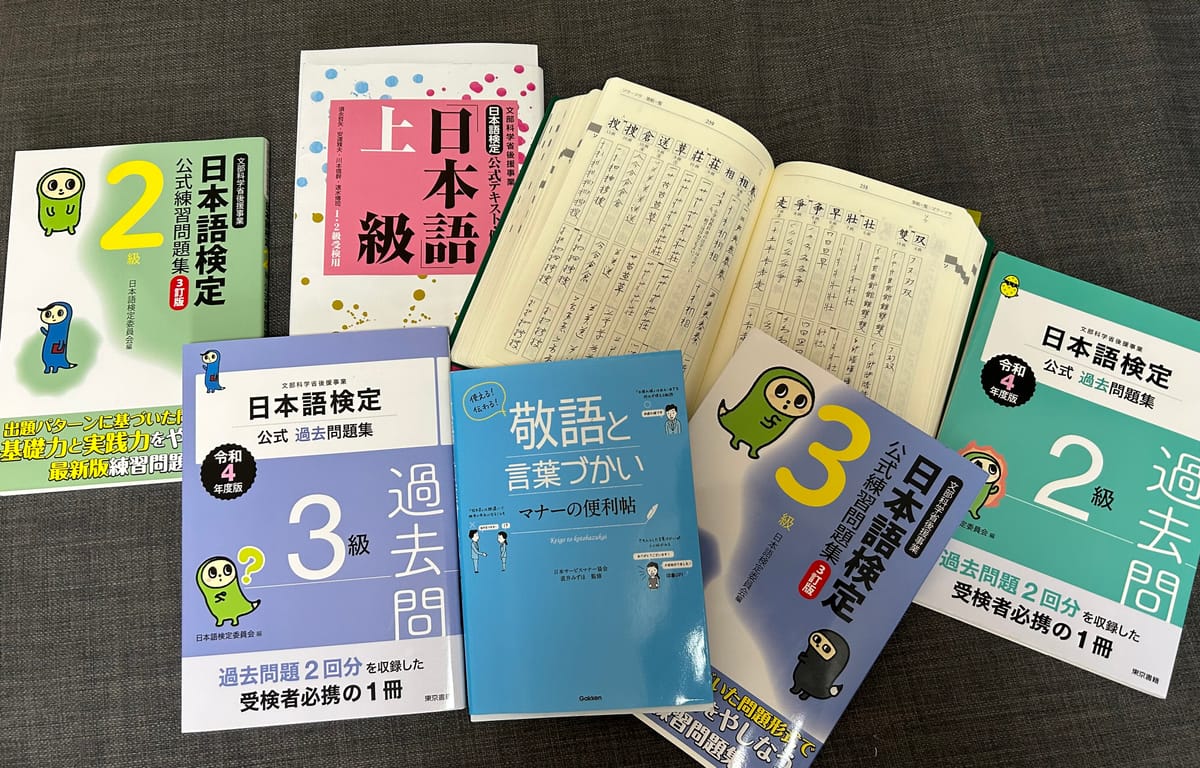Is _____ a good resource to learn Japanese?
What is the best resource for learning Japanese? And what if this was not the important question?

Before learning Japanese, I used to study Icelandic. And before that, Scottish Gaelic. I won’t go over the reasons that pushed me to study these, but studying niche languages in 2008 was a challenging task because of the scarcity of resources. There was maybe one or two French textbooks for these languages, and they weren’t available at my local library.
Japanese, on the other hand, is an extremely popular language, with many resources—free or paid—for who seeks to learn the language. However, more choice comes at a cost: how do you navigate this ocean of resources?
There is hardly any harmful material in this time and age

Although textbooks from the last century could be of dubious quality, like the one above, almost all well established resources today are good (as long as you don't count ChatGPT as one of them). Of course, any method has its flaws, and if an unanimously perfect method for learning Japanese existed, you can be sure no one would bother writing anything else.
Everyone has different goals and different expectations when it comes to language learning. Some people just want to be able to get by when they’re on a trip. Others would like to read literature, but don’t care about speaking. Some people want to achieve the highest mastery they can of that language. Some just treat language learning as a hobby or a game to occupy their free time.
The first thing you need to do when you’re studying a language is assess what it is you want to work on. Maybe you’re a total beginner and want to build a foundational understanding of the language; then a beginner textbook like Genki would be recommended. Maybe you already speak the language, but want to better your speaking ability; this will call for something centred around speaking exercises, maybe a private coach on Cafetalk. Or maybe you just want to read a specific novel or play a specific game; in which case diving in with a dictionary can sometimes be the best approach.
Time is a currency, use it accordingly
I know how tempting it is to hunt for the best resource; to go on forums and read other people’s insight, or even argue with them about the ‘best approach’ to learning Japanese. But this time and effort would be better invested studying from whatever material suits your goal. As discussed above, the multiple nature of one’s goals and expectations when it comes to language learning means that the ‘ultimate best approach’ to learning a language does not exist. You need to ask yourself what area you want to improve on, then pick a resource that looks like it covers it, and just start studying.
Do not waste your time trying to hunt for the ‘best’ resource, or even worse, go online to discuss and argue about learning methods. This feels productive, but it's just a clever trick that your brain plays on you to procrastinate.
Ultimately, the time you seek to optimise by theorycrafting language learning is wasted by this very process. Find one thing that works, and settle for it. Or as another way to say it: eat the broccoli.
If you haven't done your daily study yet, stop reading, and go do it. Don't worry about me, I'll wait. You can come back whenever you want. I promise, you won't miss anything.
Center your studies around one resource to build a habit
Are you back? How was it? No seriously, go study if you haven't…
Good, let's continue.
Learning a language, especially Japanese, is a lengthy proccess. No need to rush: time is your ally. The more time you put into learning something, the better you will remember it. By choosing one resource that addresses what you want to learn, and sticking with it, you can create a habit of studying. This will help you stay consitent, and results will come after months without you noticing it.
Perhaps the most important thing when it comes to acquiring a new skill is forming a habit. For this, you need a good structure. One way of achieving this is to pick one structured resource, like a textbook, and go through each lecture at a predetermined pace. It doesn’t need to be one lecture a day, it just needs to be consistent, and match your objective.
This structure will help you in the long run. When working for long-term goals like learning a new language, the motivation of the beginning, as well as the novelty eventually fade. You need to build a consistent routine to help you get your reps even on days when you're not motivated. Trust me, there are many. Following one resource through can greatly help you with that.
Don't forget to stay curious
However, there is a trap you should not fall into either, which is only studying from that one resource only. No single book, no single YouTube channel, no single mobile app, not even a single university curriculum is perfect. You should always remember to be curious, and learn outside of your classic ‘course material.’
In addition to your primary resource, which serves as a pillar for the formation of a regular study routine, you need to stay curious and engage with as many different sources as possible in your target language.
If you think about it, no one ever learns a language through the input of a single book or person. Children need to get away from their parents, go to school and connect with lots of different people who have lots of different ways to speak, in order to fully learn their native language.
Studying is the mean, not the end
Finally, studying is not the be-all and end-all of aquiring a new living language. In addition to the theory, you need practice. Studying can feel good, but ultimately you will have to use the language outside of the context of your studying, so you might as well get a head start. Here's a 5 step program to get better:
- Learn a new grammar point, a new word, a new expression;
- Try to use it, a lot;
- Inevitably make mistakes;
- Have someone point out these mistakes;
- Correct them, and go back to point 2.
This is how adults and children alike learn a language. Yes making mistakes makes us feel vulnerable, but there is also an advantage to this: the more embarrassing the mistake, the better you'll remember it. So let's welcome mistakes as the opportunity for growth that they are.
Did this article motivate you? Did it give you insight? Don't hesitate to leave a comment to let me know, or send it to someone you think will find it interesting. Happy studying!
